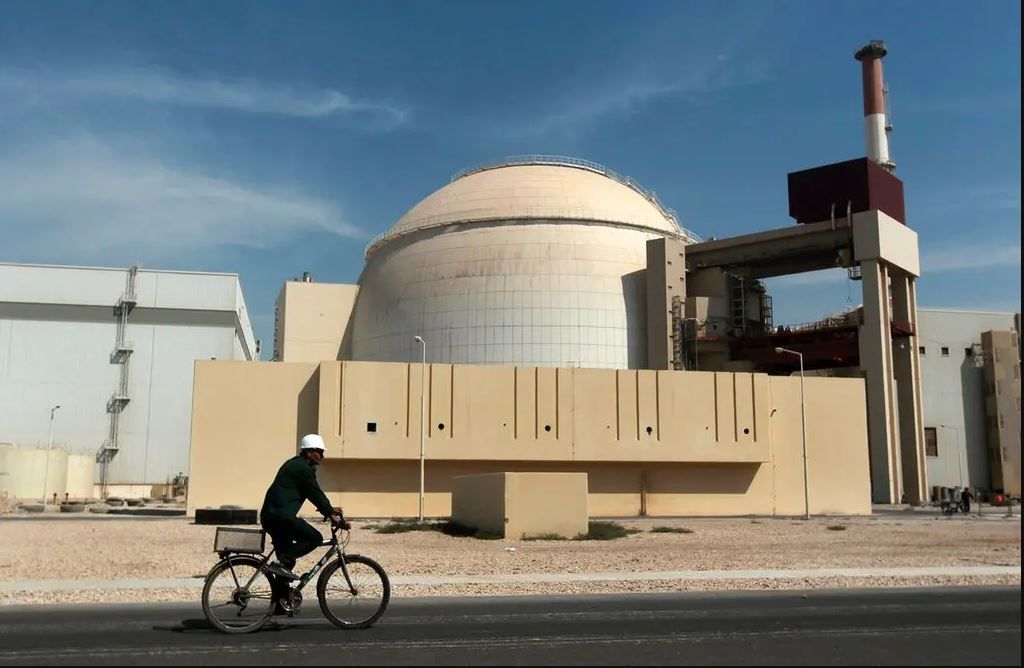Negotiators are almost completed with their work to repair the 2015 nuclear deal with Iran, and the Russian invasion of Ukraine has increased the urgency of reaching an accord while also increasing the difficulty of doing it.
Governments in the West, focused on punishing Russia for the assault, have said that they aim to wean themselves off of Russian oil, which has continued to provide cash for the nation even as economic sanctions were imposed on the country.
To isolate Russia while still keeping oil flowing, the West would ease limitations on Iranian oil shipments that are already in place as part of a resurrected nuclear deal, and Moscow has only raised a roadblock that some worry could wreck any accord.
Even before then, senior European and American officials believe, there were three or four lingering concerns between Iran and the United States that necessitated tough political choices on both sides about the extent of ongoing sanctions against Iran.
The agreement would significantly curtail Iran’s nuclear programme while also allowing the country to sell its oil freely on the international market at a crucial time when supplies have been endangered by the conflict in Ukraine. For the Iranians, however, lifting one of the Islamic Revolutionary Guard Corps’ terrorist designations, according to top European sources, is a precondition for reaching an agreement with President Biden.
A year after President Donald J. Trump withdrew the United States from the Iran nuclear agreement, the corps was designated by the United States as a “foreign terrorist organisation,” and any attempt to have that label lifted would be met with fierce opposition in Congress.
Russian Foreign Minister Sergey V. Lavrov, in a statement issued on Saturday, asked guarantees from the United States that the Western sanctions levied on Russia in the wake of the war would not interfere with Russia’s future commerce with Iran. The situation became even more complicated.
There is worry that Russia, a signatory to the nuclear agreement, would perceive a chance to use the situation to undermine the sanctions imposed on it, and the United States has responded swiftly to Russia’s requests.
According to Secretary of State Antony J. Blinken, the sanctions implemented during the invasion “had absolutely nothing to do with the Iran nuclear agreement.” He said that they “simply aren’t connected in any manner, so I don’t believe it’s important.”
Given that Iran is estimated to be just a few weeks away from enriching enough uranium to build a nuclear weapon — though weaponizing it would take considerably longer— the need for a resurrected nuclear agreement is deemed more critical than ever.
Iran has repeatedly said that it has no intention of developing nuclear weapons, but it has enriched uranium to 60 percent, a level that has no civilian use, and has produced uranium metal, which would be necessary to manufacture a nuclear weapon.
Should an agreement be achieved on restarting the accord and Iranian oil is allowed to return to the market, it would send a significant signal to Moscow that the world’s reliance on Russian energy may be waning.
However, the implementation, or reimplementation, of any agreement would take many months, maybe until June. In order for sanctions to be eased, Iran would first have to export its surplus uranium and then lock up the several sophisticated centrifuges that are in violation of the conditions of the agreement.
Iran, which wants the agreement completed as well as the lifting of the heavy economic sanctions placed on it by the United States, has expressed dissatisfaction with the latest Russian demands. In an interview with Iranian media on Monday, Mr. Amir-Abdollahian said that Iran “would not allow any foreign force to damage the national interests for the relaxation of sanctions.”
While Russia is a signatory of the deal — the United States withdrew from it in May 2018, and current conversations have been aimed at bringing both Washington and Tehran back into compliance with the agreement — its consent may not be legally required in some circumstances. China and Iran, on the other hand, may be unwilling to move without it, while Russia continues to be a member of the commission that monitors compliance.
Mr. Blinken would submit a letter confirming American consent to re-join the deal, which would be signed by President Barack Obama. Mr. Amir-Abdollahian and Josep Borrell Fontelles, the European Union’s foreign-policy leader, would be in attendance in person, while others would participate through videoconference or other means.

